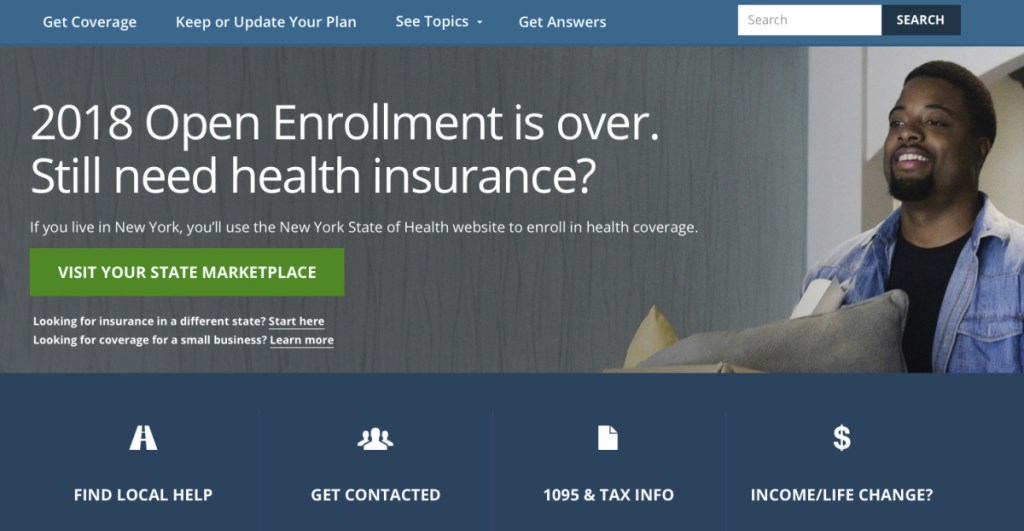WASHINGTON — The Trump administration issued new insurance rules Wednesday to encourage more Americans to buy inexpensive, skimpy health plans originally designed for short-term use.
The policies, intended to fill brief gaps in coverage, will be available for 12 months at a time, up from a current limit of three, and customers will be able to renew them for additional years.
The new rules are the second tool the administration has devised lately to foster low-price insurance that circumvents the Affordable Care Act’s coverage requirements and consumer protections. In June, the Labor Department issued rules that will make it easier for small companies to buy a type of insurance known as association health plans and, for the first time, allow them to be sold to people who are self-employed.
The pair of new rules carries out an executive order that President Trump signed in October, directing agencies to broaden access to these two small niches in the insurance market to promote “a health care system that provides high-quality care at affordable prices for the American people.”
Federal health officials portray their latest expansion of alternative coverage as a way to make insurance more affordable to middle-class Americans who do not qualify for government subsidies for ACA health plans – especially people who are young or healthy. With the law still in place despite Trump’s and congressional Republicans’ hostility toward it, “we are looking to do everything we can to take incremental steps that will make insurance coverage more affordable,” Jim Parker, director of the Department of Health and Human Services’ Office of Health Reform, said in a briefing for reporters shortly before the rule became public.
In the months since the idea surfaced, it has elicited a wall of opposition from the health insurance industry, hospitals and patient advocacy groups. All have warned that consumers with bare-bones plans would be stranded when they need care – and that the defection of low-cost customers from ACA marketplaces would drive up prices for those who remain.
Short-term insurance policies go further than the association health plans in the ways they are exempt from parts of the 2010 health care law that are meant to protect consumers from shoddy insurance that disadvantages people who need it most.
Both types of insurance can sidestep the ACA’s requirement that health plans sold to individuals and small businesses must include 10 categories of benefits, such as maternity care and mental health services. Both can have bigger price differences between older customers and younger ones. But only the short-term plans can also charge higher prices to customers with medical conditions that require care, deny them coverage, or avoid covering health problems that a customer had before buying the insurance – all practices that the ACA bans.
Making it easier to buy health plans that avoid the law’s protections is part of a strategy being employed by Trump and his aides of relying on executive powers to undercut aspects of the law.
Dismantling it has been one of Trump’s central goals since his 2016 campaign.
Send questions/comments to the editors.


